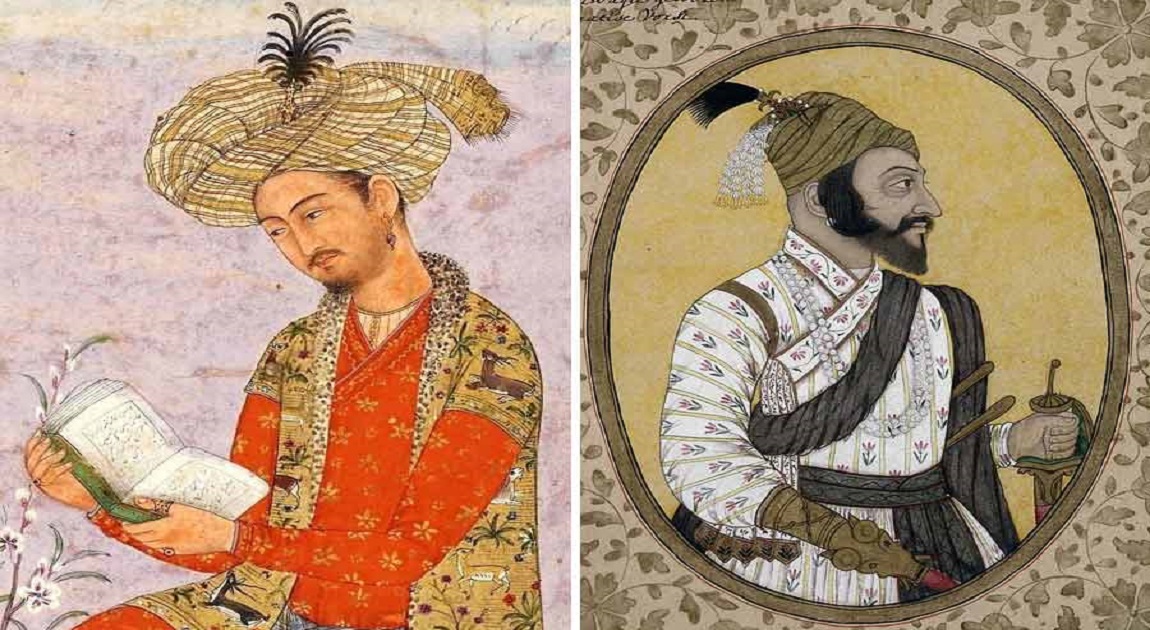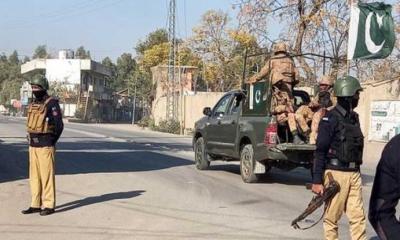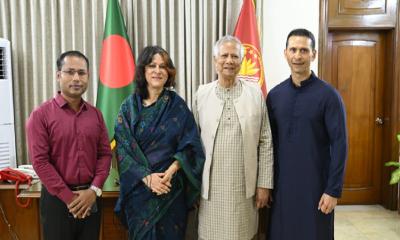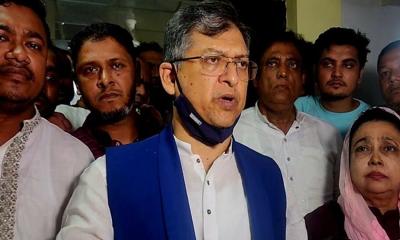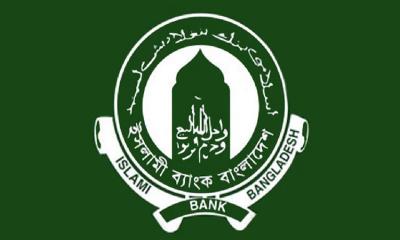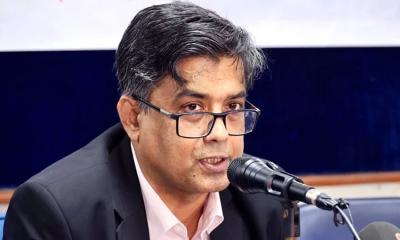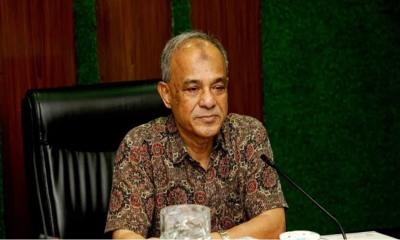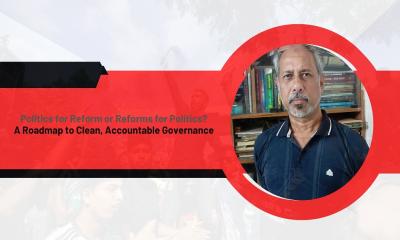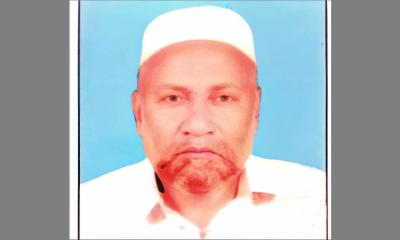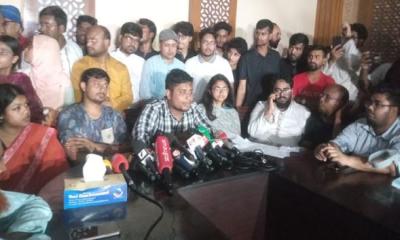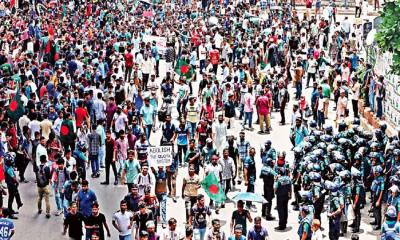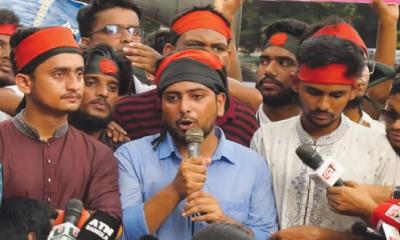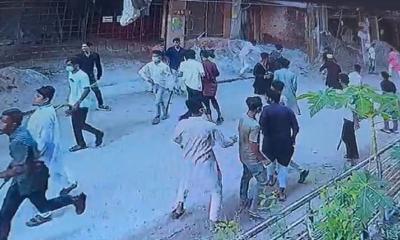In a significant shift in historical portrayal, the newly published eighth-grade history textbook in India presents Mughal emperor Akbar not only as a “great” ruler but also as simultaneously “tolerant” and “barbaric.”
This new perspective, introduced under the BJP government’s National Council of Educational Research and Training (NCERT), marks a departure from the earlier solely positive image of Akbar.
The textbook, titled Exploring Society: India and Beyond, also describes Akbar’s father, Babur, as a “ruthless and cruel conqueror who massacred entire populations of cities.”
Additionally, Aurangzeb is depicted as a “merciless military ruler” known for the destruction of temples and gurdwaras.
The new history book, released this week, covers various periods including the Delhi Sultanate, the Marathas, and the colonial era, alongside the Mughal dynasty.
An early chapter, titled “Notes on Some Darker Periods in History,” sets the tone by addressing sensitive topics such as war and violence.
It explains the historical roots of “cruel violence, oppressive misrule, and ambition for power,” but emphasizes that “it would not be fair to blame anyone today for past events.”
Babur is introduced as a “cultured intellectual ruler” but also a “ruthless and cruel conqueror who killed entire city populations, enslaved women and children, and built victory arches from skulls of the dead.”
Akbar’s reign is portrayed as embodying both “barbarism and tolerance.” The textbook notes that he relegated non-Muslims to a minority in the upper administration and ordered the killing of 30,000 unarmed people during the siege of Chittorgarh.
The book discusses the jizya tax imposed on non-Muslims, claiming it was levied to protect them and exempt them from military service, but acknowledges that it became a source of humiliation and encouraged religious conversions to avoid the tax.
Alongside depictions of cruelty and barbarism, the textbook highlights histories of resistance and valor. The bravery of the Marathas, Ahoms, Rajputs, and Sikhs is emphasized, as is the heroic narrative of tribal groups such as Jats, Bhils, Gonds, Santals, and Koch, who fiercely defended their territories.
Chhatrapati Shivaji, Tarabai, and Ahilyabai Holkar are described as visionary leaders whose contributions to cultural and political development were immense. Shivaji, in particular, is praised as a “remarkable strategist” who respected other religions while championing Hindu values.
Michael Danino, a key sociologist involved in NCERT’s syllabus development, defended the textbook to the press agency PTI, stating, “There was no attempt in this history to demonize the Mughals.”
Union Minister B.L. Verma remarked, “The Mughals ruled for a long time. Future generations should know what really happened during that period. We must all accept the truth.”


